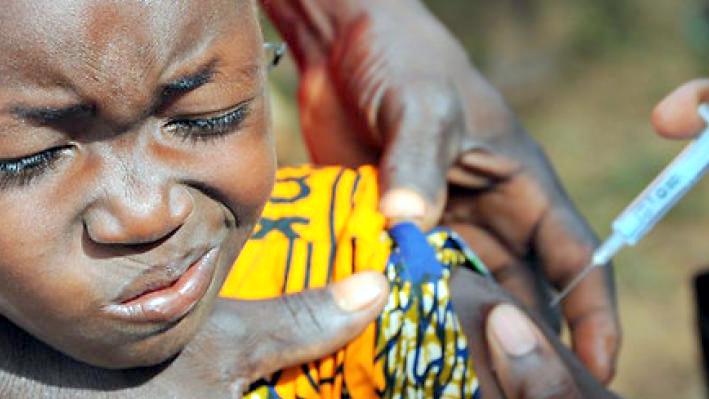Between 2022 and 2023, Nigeria recorded a total of 303 confirmed cases and 190 deaths from Cerebrospinal Meningitis (CSM) across 29 states and the Federal Capital Territory (FCT).
CSM occurs when there is an acute inflammation of the membranes covering the brain and the spinal cord.
According to a public health advisory released Thursday by the Nigeria Centre for Disease Control (NCDC), 2,765 suspected cases of CSM were also recorded across 140 Local Government Areas (LGAs) in the affected 29 states and FCT.
NCDC noted that the highest burden of CSM in Nigeria occurs in the “Meningitis Belt”, which includes all 19 states in the Northern region, the FCT, and some southern states such as Bayelsa, Cross River, Delta, Ekiti, Ogun, Ondo, and Osun.
The disease control centre explained that CSM is an epidemic-prone disease with cases reported all year round in Nigeria. It added that weather conditions like the dry season with dust, winds, cold nights, and frequent upper respiratory tract infections, increase the risk of infection.
The report shows that the 5 to 14-year-old age group was the most affected and 54 per cent of the total suspected cases were males.
Response
NCDC said it is working to prevent, detect, and respond to cases of CSM in collaboration with the Federal Government of Nigeria through the Federal Ministry of Health and Social Welfare.
Despite significant progress in surveillance, diagnostic capacity, and vaccination over the last few years, NCDC noted that CSM remains a priority disease and a public health threat in Nigeria with annual outbreaks in high-burden states.
NCDC also highlighted strategies implemented to ensure enhanced coordination, collaboration, and communication for CSM response in Nigeria in collaboration with MDAs and partners through the National CSM Technical Working Group (TWG).
READ ALSO: Why Nigeria must do more to tackle meningitis – Official
“At the beginning of the season, all State Governments and public health authorities were alerted to the heightened risk of a CSM outbreak and the need for resource mobilisation for preparedness and response activities,” NCDC noted.
It added that they hold routine meetings of the National Multi-sectoral CSM TWG to coordinate prevention and preparedness activities, and regular communication with high-burden states towards ascertaining status, progress, and challenges.
About Meningitis
According to NCDC, Meningitis is an inflammation of the meninges, a thin layer of the connective tissue that covers the brain and the spinal cord.
This inflammation can be caused by infection with organisms like bacteria, viruses, parasites, or fungi. Injuries and certain drugs can also cause such inflammation.
On transmission, NCDC said meningitis is transmitted from direct person-to-person contact, including droplets from the nose and throat of infected persons; and close and prolonged contact with an infected individual.
“CSM initially presents as fever, headache, nausea and vomiting, photophobia (pain on looking at bright lights), neck stiffness, and altered conscious levels. It may be more difficult to observe these signs in younger children, but irritability, poor feeding, and inactivity are common,” NCDC noted.
NCDC advised that people ensure they receive the appropriate vaccination required to protect against meningitis.
Support PREMIUM TIMES’ journalism of integrity and credibility
Good journalism costs a lot of money. Yet only good journalism can ensure the possibility of a good society, an accountable democracy, and a transparent government.
For continued free access to the best investigative journalism in the country we ask you to consider making a modest support to this noble endeavour.
By contributing to PREMIUM TIMES, you are helping to sustain a journalism of relevance and ensuring it remains free and available to all.
Donate
TEXT AD: Call Willie – +2348098788999




